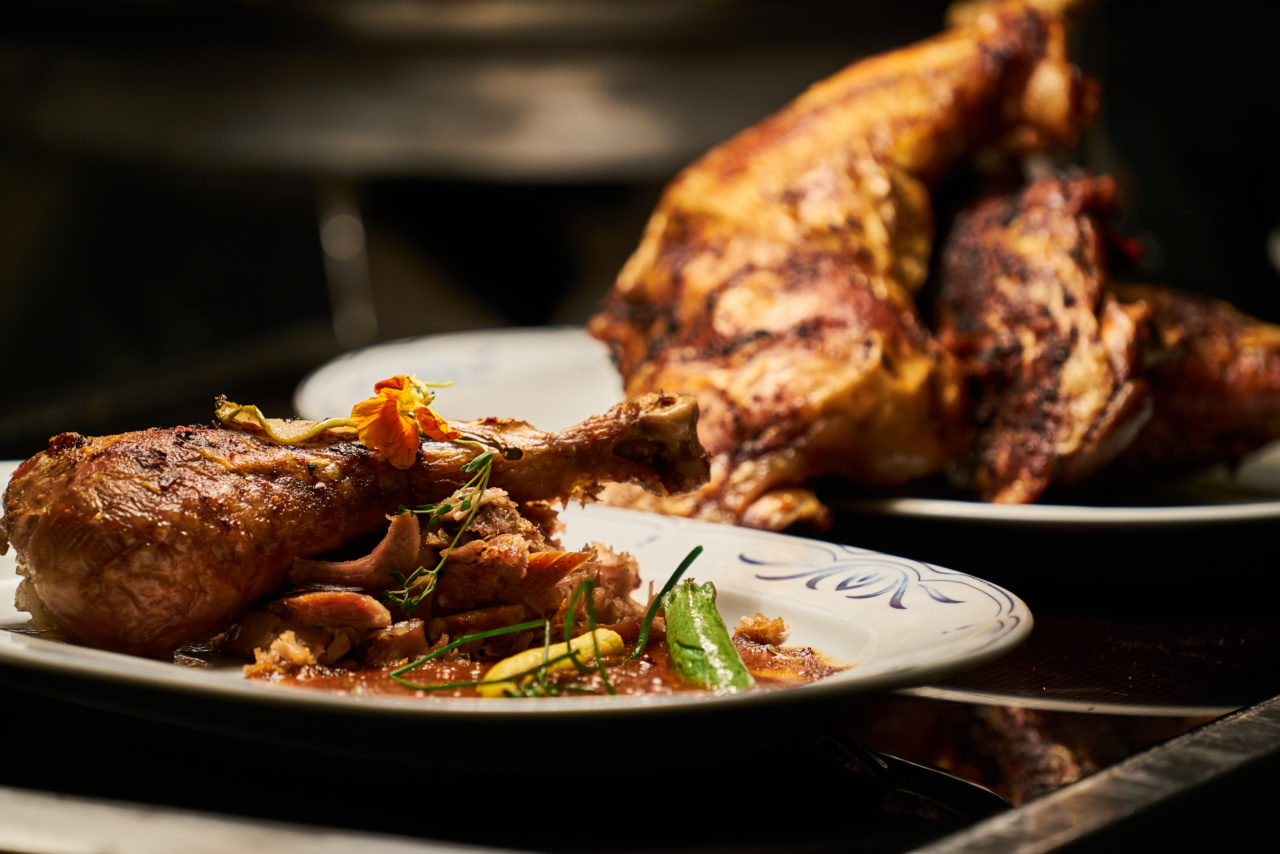Urinary tract infections (UTIs) are a common health problem that affects millions of people worldwide.
While UTIs can be caused by various factors, including bacteria entering the urinary tract, recent studies have shown a link between UTIs and the consumption of chicken and turkey meats. This article aims to explore this connection and provide actionable tips to reduce the risk of UTIs associated with chicken and turkey consumption.
Understanding UTIs
Before diving into the relationship between UTIs and chicken/turkey consumption, it is important to understand what UTIs are and how they occur.
UTIs typically involve the infection of the urinary system, which includes the kidneys, bladder, ureters, and urethra. The most common cause of UTIs is the entry of bacteria, primarily Escherichia coli (E. coli), into the urinary tract.
UTIs and Chicken/Turkey Meat
Recent research has indicated a potential link between UTIs and the consumption of chicken and turkey meats. These meats have been found to harbor certain strains of E. coli that are resistant to antibiotics, making them more difficult to treat.
This antibiotic resistance can increase the severity and recurrence of UTIs.
Factors Contributing to UTI Risk
Several factors contribute to the increased risk of UTIs associated with chicken and turkey consumption:.
- Bacterial Contamination: Improper handling and processing of chicken and turkey meats can lead to bacterial contamination, including E. coli. Cross-contamination during preparation and cooking can also occur if utensils or surfaces come into contact with raw poultry and are not adequately cleaned.
- Antibiotic Use in Poultry Farming: Antibiotics are routinely used in poultry farming to promote growth and prevent infections. However, this practice can contribute to the development of antibiotic-resistant strains of bacteria, including E. coli.
- Insufficient Heat Treatment: Inadequate cooking temperatures or insufficient heat treatment can allow bacteria present in chicken and turkey meats to survive, increasing the risk of UTIs when consumed.
- Personal Hygiene: Poor personal hygiene practices, such as inadequate handwashing after handling raw poultry or using the same cutting boards or knives without proper cleaning, can contribute to bacterial transmission and subsequent UTIs.
Reducing UTI Risk
While chicken and turkey consumption has been associated with an increased risk of UTIs, there are several steps individuals can take to reduce this risk:.
1. Proper Food Handling and Preparation
It is crucial to follow proper food handling and preparation practices to minimize bacterial contamination. This includes:.
- Washing hands thoroughly before and after handling raw poultry.
- Using separate cutting boards and utensils for raw poultry.
- Cleaning and sanitizing all surfaces and utensils that come into contact with raw poultry.
- Avoiding cross-contamination by not using plates or utensils that have touched raw poultry for cooked food.
2. Cooking Chicken and Turkey Thoroughly
Cooking chicken and turkey meats to the appropriate internal temperature is crucial in killing bacteria. Use a meat thermometer to ensure the following internal temperatures are reached:.
- Chicken breasts: 165°F (74°C)
- Chicken thighs, wings, and legs: 175°F (79°C)
- Turkey: 165°F (74°C)
Avoid consuming undercooked or raw poultry, as it can increase the risk of bacterial infections and UTIs.
3. Choose Organic and Antibiotic-Free Poultry
Opting for organic and antibiotic-free poultry can reduce the risk of consuming antibiotic-resistant bacteria. Look for labels indicating that the poultry is raised without the use of antibiotics or hormones.
4. Maintain Good Personal Hygiene
Practicing good personal hygiene habits can minimize the risk of UTIs:.
- Washing hands thoroughly with soap and water for at least 20 seconds before and after handling raw poultry.
- Avoiding touching the face, mouth, or eyes while handling raw poultry to prevent bacterial transmission.
5. Increase Water Intake
Drinking an adequate amount of water can help flush out bacteria from the urinary tract and reduce the risk of UTIs. Aim to drink at least 8 glasses of water per day.
6. Maintain a Balanced Diet
Eating a balanced diet with a variety of fruits, vegetables, whole grains, and lean proteins can support overall urinary tract health. Consuming a diverse range of nutrients helps maintain a strong immune system and reduces the risk of UTIs.
7. Consult a Healthcare Professional
If you frequently experience UTIs or are concerned about your risk, it is essential to consult a healthcare professional. They can provide personalized advice and recommendations based on your specific circumstances.
Conclusion
Reducing the risk of UTIs associated with chicken and turkey consumption is possible by implementing proper food handling practices, cooking meats thoroughly, choosing organic and antibiotic-free options, maintaining good personal hygiene, increasing water intake, and eating a balanced diet. By following these precautionary measures, individuals can enjoy the benefits of poultry while minimizing the potential negative health impacts.































